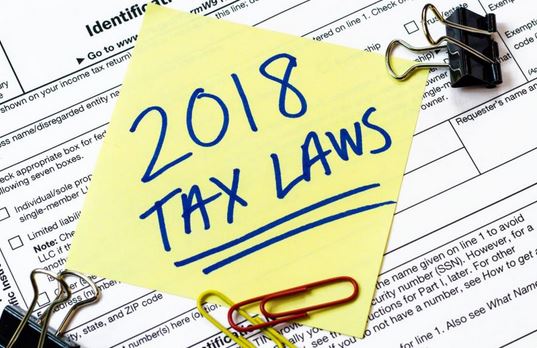New Tax Info for Veteran Owned Businesses

By Debbie Gregory.
You may be wondering how the latest tax bill will affect your veteran-owned small business.
For starters, the new small business tax laws allow you to take the full deduction in one year for most purchases that are intended to last for less than 20 years, rather than depreciating them over time. As a result, this just might be the year to upgrade your equipment or machinery.
While small businesses don’t get as hefty a tax break as corporations do, they do get a 20% reduction of taxable business income. S-Corporations, sole proprietorships and partnerships are pass-through entities, which mean they don’t pay income taxes. Instead, the individual owner is directly taxed. So, a sole proprietor generating $200,000 of business income would be able to deduct $40,000 on his Schedule C. Instead of adding $200,000 to his adjusted gross income, he would add $160,000.
Starting in tax year 2018, all businesses with less than $25 million in receipts in the three prior tax years, even if they have inventory, will be able to make use of the cash method. For tax purposes, there are definite advantages to the cash accounting basis for accounting. Cash accounting ensures that taxes are not paid on monies that have not yet been received; this improves cash flow and ensures that funds are available for tax expenditures.
On the downside, you might not be able to deduct the full interest on your veteran business loans. In 2017, you could deduct the full interest from your loans, but now, any net interest expense over 30% of your company’s earnings before interest, taxes, depreciation, and amortization will be disallowed. This only applies to businesses with average gross receipts over $25 million, so most small businesses won’t have this problem.
You will no longer be able to carry back your business losses, and the net operating loss carry forward is limited to 80% of taxable income.







